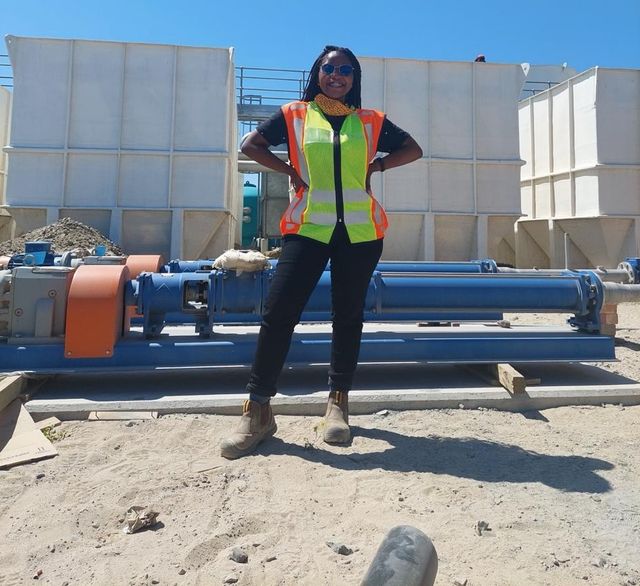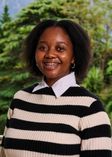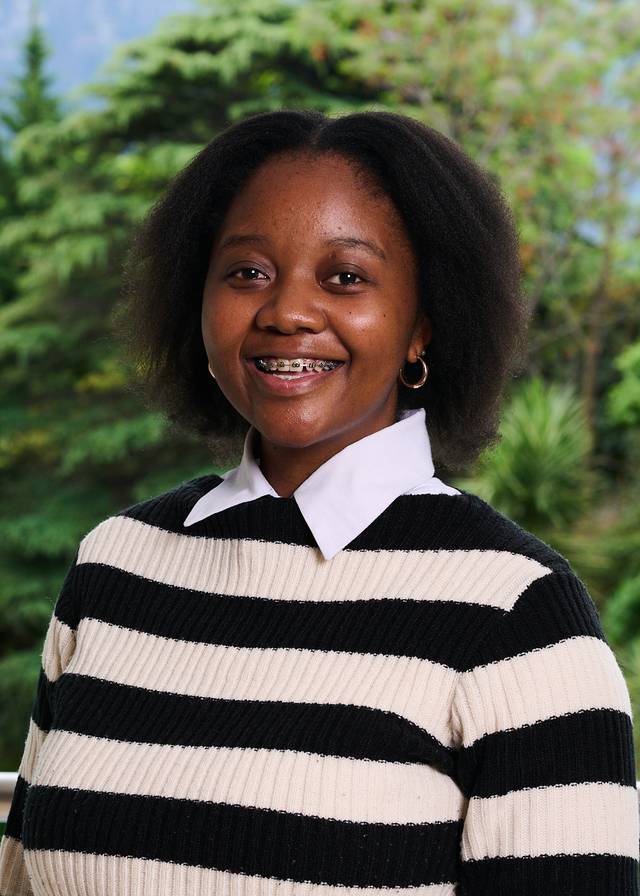
Scholar Stories
Redefining Waste: A Woman in Science Advancing Sustainable Consumption Through Water Reuse
Olo is a Water Quality Engineer passionate about turning waste into opportunity. Growing up in South Africa, she saw how water insecurity impacts vulnerable communities, inspiring her mission to advance sustainable water reuse. Her work reimagines wastewater as a resource, driving innovation that supports SDG 12, gender equity, and the fundamental right to clean water.
Growing up in South Africa, I witnessed firsthand how environmental challenges often impact the most vulnerable communities. This early awareness sparked a passion that would shape my academic and professional journey in civil and environmental engineering. Today, as a woman in science specializing in Water Quality Engineering, I stand at the intersection of innovation, justice, and sustainability, working to advance water reuse solutions that respond directly to one of the world’s most urgent calls: Sustainable Development Goal 12 – Responsible Consumption and Production.
SDG 12 calls on all of us as individuals, communities, industries, and governments to rethink how we consume and produce resources. At the heart of this goal is the urgent need to reduce waste and use resources more efficiently. Water, as one of the most vital resources for life, sits at the core of my research and professional focus. Despite its centrality to life, water is often used with little regard for the downstream impacts. Moreover, the increasing frequency and severity of drought events in Africa and across the globe have made it clear that our water resources are not infinite. Therefore, adopting circularity by reusing wastewater and recovering resources from what society deems ‘waste’ is no longer optional, it is essential.
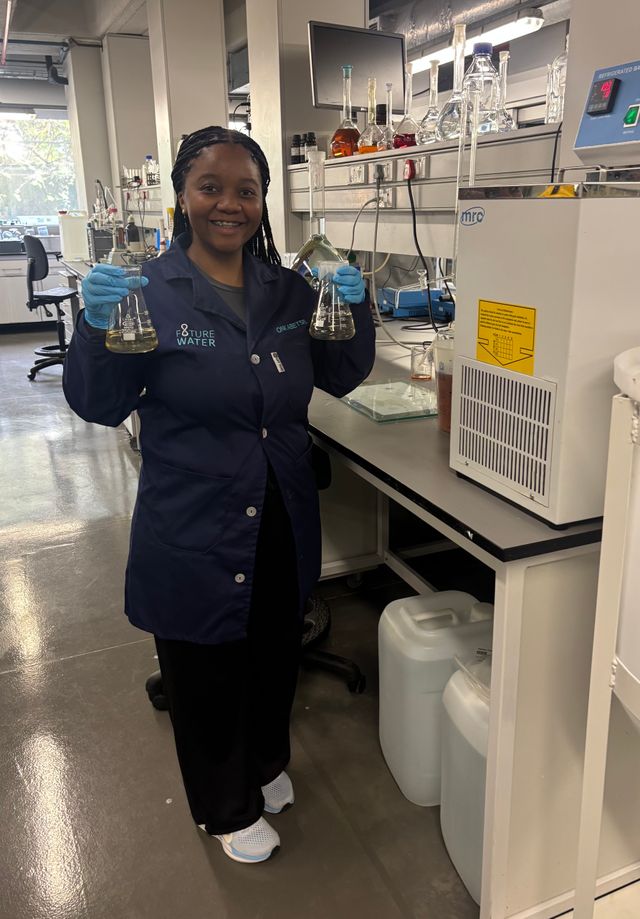
Water reuse is more than just a technical process, it is a paradigm shift. It challenges us to rethink how society perceives wastewater, traditionally seen as a problem to dispose of, and instead recognize it as a resource with untapped potential. Through advanced treatment methods, we can recover water, nutrients, and energy from wastewater streams, closing the loop on resource use and significantly reducing environmental impact. This approach directly advances SDG 12’s targets to reduce waste generation, improve resource efficiency, and foster sustainable infrastructure.
For me, this work is not only about technology but also about representation and purpose. Entering the field of Water Quality Engineering has been both a professional pursuit and a deeply personal mission. Being a woman in science means navigating spaces where gender disparities still exist, while embracing the opportunity to lead with a perspective shaped by community, care, and collaboration. This journey has required resilience, but it has also given me a unique lens through which to view sustainability, not as a distant technical goal, but as something deeply human. Women bear much of the burden of water insecurity in many parts of the world, and by driving innovations in water reuse, I am also contributing to gender equity and community empowerment.
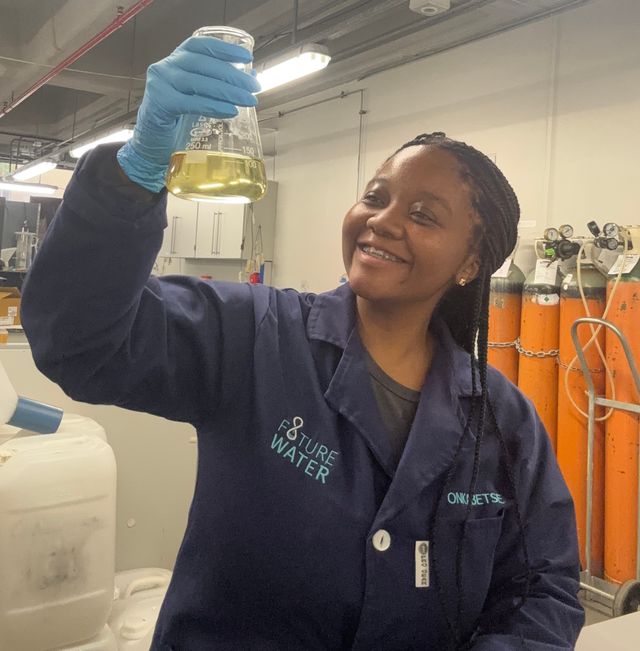
In my research, I focus on developing treatment systems that are safe, scalable, and tailored to local contexts, with a particular emphasis on the treatment of human urine as a concentrated source of valuable resources. Urine, often overlooked in conventional wastewater management, contains significant amounts of nutrients such as nitrogen and phosphorus that can be recovered for agricultural use, alongside water that can be purified for reuse. I dream of contributing towards the development of processes that communities can adopt and maintain, industries can integrate sustainably, and policymakers can support with confidence.
Ultimately, I believe that advancing SDG 12 through water reuse is about more than meeting technical targets, it is about redefining our relationship with nature’s resources. It is about seeing waste not as an endpoint, but as the beginning of new opportunities. It is about ensuring that development is sustainable, equitable, and just. For me, this mission is deeply personal, grounded in the belief that continuous access to clean water is a fundamental right, not a privilege.
